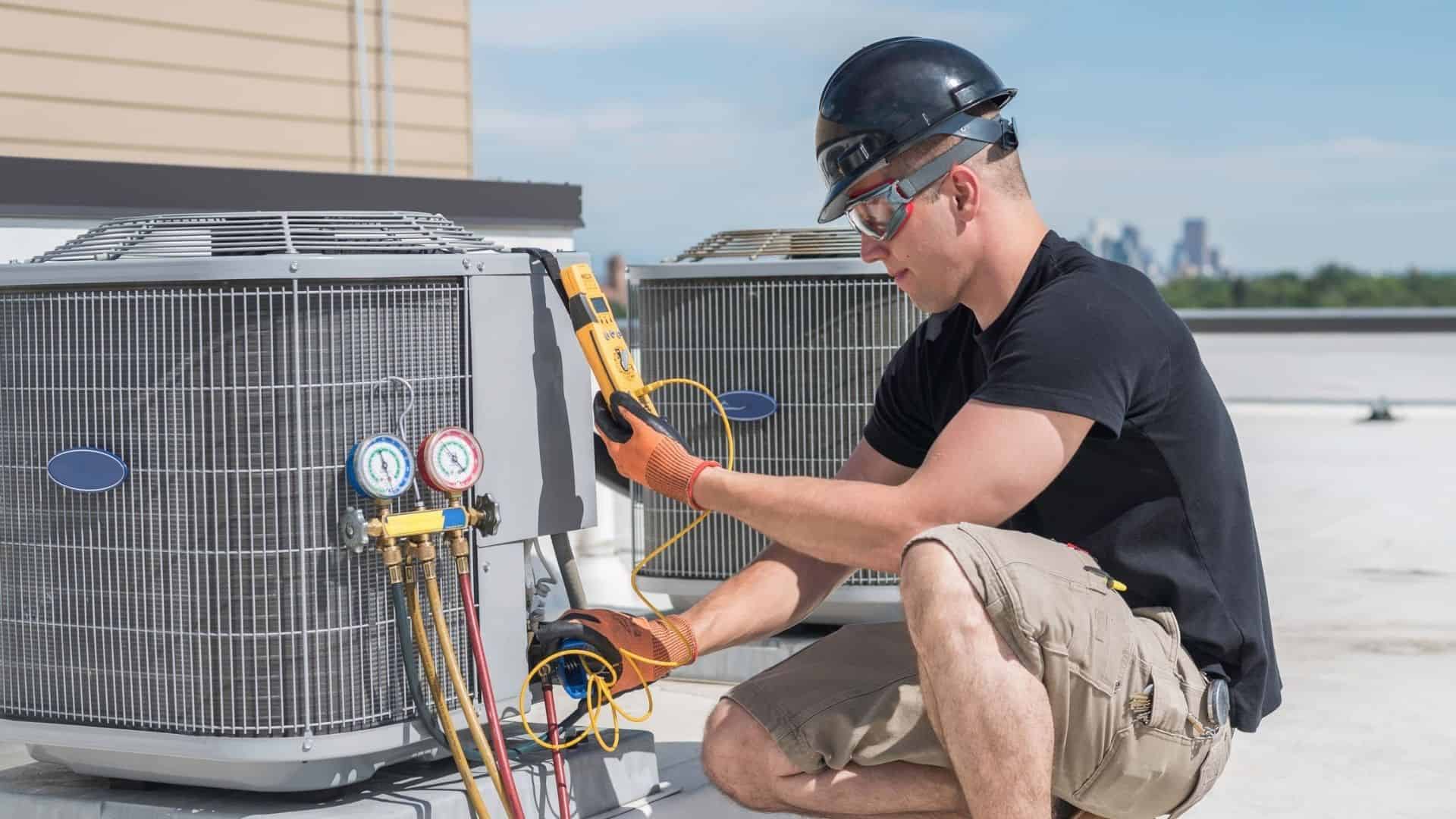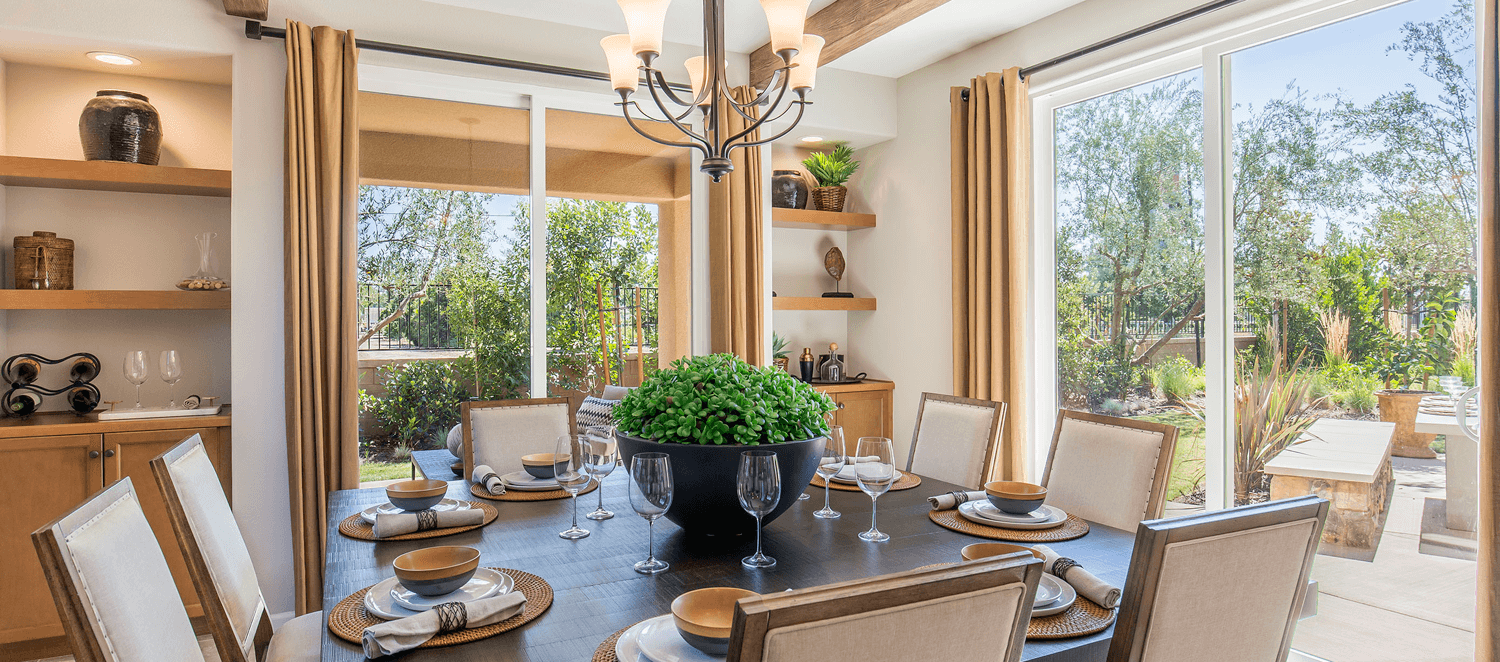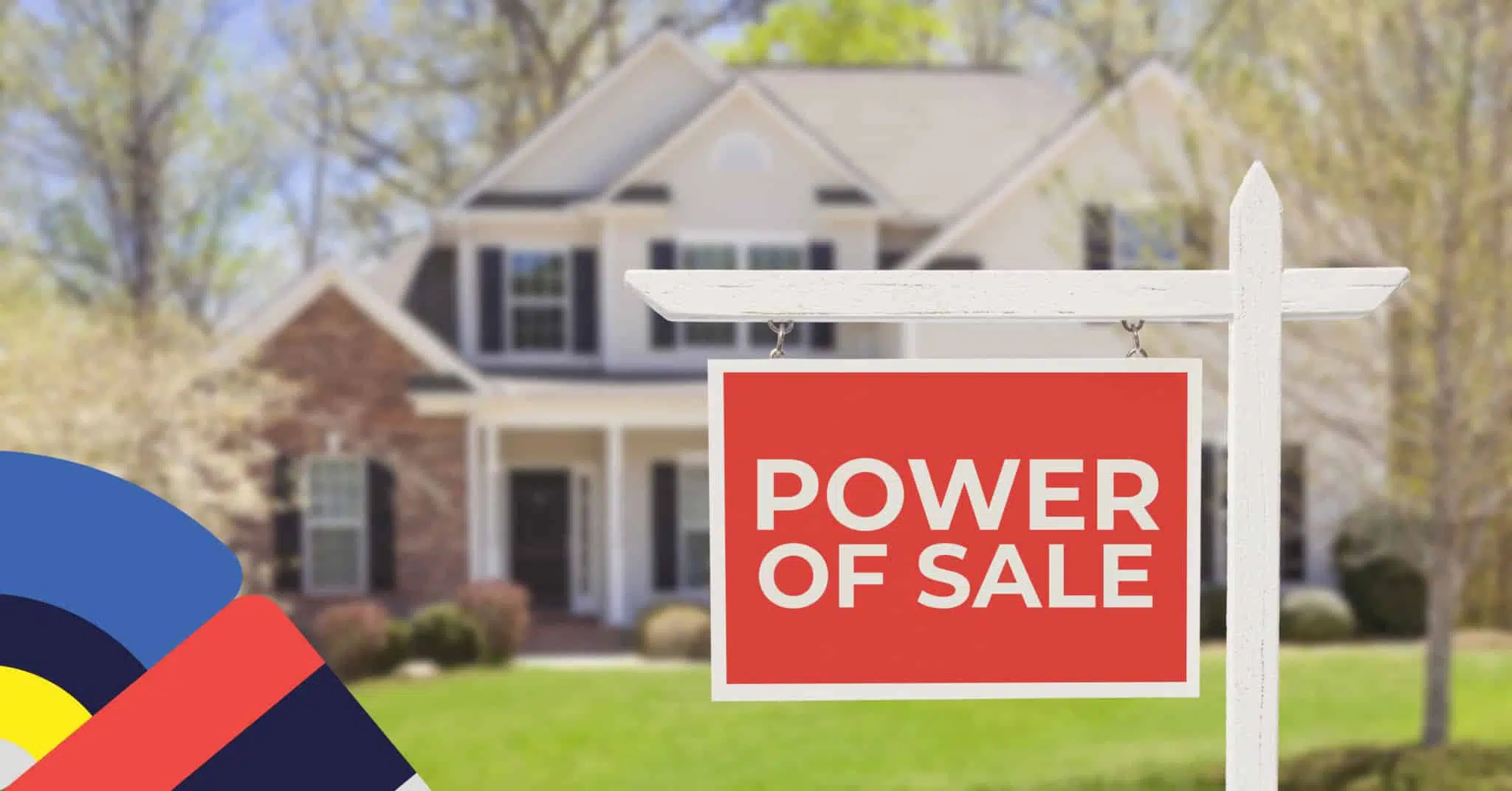
Spotting the Signs: When is it Time for an HVAC Upgrade?
Your HVAC (Heating, Ventilation, and Air Conditioning) system quietly works behind the scenes, ensuring your home remains a comfortable and temperate oasis throughout the seasons. Yet, over time, even the most dependable systems can show signs of wear and inefficiency. Recognizing when it’s time for an HVAC upgrade is not only crucial for maintaining your comfort but also for saving on energy bills and reducing your carbon footprint. In this blog, we embark on a journey to help you identify the telltale signs that signal it’s time for a much-needed HVAC overhaul. We’ll delve into factors such as the age and efficiency of your system, the impact of rising energy bills and frequent repairs, uneven temperature control, and the ever-evolving landscape of environmentally responsible and technologically advanced HVAC solutions. By the time you reach the end, you’ll have a clearer understanding of when to consider an HVAC upgrade, ensuring your home remains a haven of comfort and efficiency for years to come.
Age and Efficiency of Your HVAC System
The age of your HVAC system is a critical factor in determining its efficiency and overall performance. As systems age, they tend to lose their efficiency due to wear and tear, outdated technology, and the natural degradation of components. Modern HVAC systems are designed to be significantly more energy-efficient than their older counterparts. They feature advanced technologies and improved engineering that result in reduced energy consumption, which can translate into substantial long-term savings on your utility bills.
If your HVAC system is a decade or more old, it may be a prime candidate for an upgrade. Newer models are not only more energy-efficient but also tend to be more reliable and require fewer repairs. Additionally, modern systems often use eco-friendly refrigerants that have a lower environmental impact. An upgrade not only ensures better climate control but also contributes to reducing your carbon footprint, making it a win-win for both your comfort and the planet. Keep in mind that while upgrading your HVAC system may involve an initial investment, the long-term benefits in terms of energy savings and comfort make it a sound financial decision that can improve your overall quality of life.
Rising Energy Bills and Frequent Repairs
One of the most glaring signs that it’s time for an HVAC upgrade is the steady rise in your energy bills. As HVAC systems age, they become less efficient, leading to increased energy consumption. This inefficiency can result in higher monthly energy costs, which can take a toll on your budget over time. If you’ve noticed a significant and sustained increase in your heating or cooling bills, it’s a clear indicator that your system is no longer operating at its peak efficiency.
Moreover, frequent and costly repairs can be a strong indication that your HVAC system is on its last legs. Older systems often require more frequent maintenance and repairs as components wear out and become less reliable. These repair costs can add up quickly and may even surpass the cost of investing in a new, more efficient HVAC system. By upgrading to a newer model, you not only reduce the need for costly repairs but also enjoy the peace of mind that comes with a system that operates smoothly and efficiently, helping you save on both energy bills and maintenance expenses in the long run.
Uneven Heating or Cooling and Inconsistent Comfort
Do you find certain rooms in your home consistently hotter or colder than others? Uneven heating or cooling is a common problem with aging HVAC systems. As these systems lose efficiency, they struggle to distribute air evenly, resulting in discomfort and frustration. You may notice that you’re constantly adjusting your thermostat to compensate for these temperature variations. If you’re experiencing this, it’s a clear sign that your HVAC system is no longer providing the consistent comfort you deserve.
Inconsistencies in temperature can also affect your indoor air quality and overall well-being. Uneven heating or cooling can create conditions that are ideal for mold growth and allergen proliferation. Furthermore, it can lead to discomfort, particularly for family members with differing comfort preferences. Upgrading to a modern HVAC system can alleviate these issues by providing more precise temperature control and even distribution of conditioned air, ensuring that every corner of your home is comfortable and inviting.
Environmental Considerations and Technological Advancements
Considering the environment is an essential aspect of deciding whether it’s time for an HVAC upgrade. Older HVAC systems often use refrigerants that are harmful to the environment, such as R-22, which is being phased out due to its ozone-depleting properties. Upgrading to a newer HVAC system can help you reduce your carbon footprint by using eco-friendly refrigerants and more energy-efficient technology. Not only does this benefit the environment, but it also ensures compliance with evolving environmental regulations.
Furthermore, modern HVAC systems offer a wealth of technological advancements that can greatly improve your overall comfort and convenience. Features like smart thermostats allow you to control your HVAC system remotely and create personalized schedules that optimize energy usage. These advancements not only make your life more comfortable but also help you save on energy bills. Embracing the latest in HVAC technology ensures that you have access to the most innovative and efficient solutions available, helping you stay ahead of the curve in home comfort and efficiency. By considering both environmental impact and technological advancements, you can make an informed decision about upgrading your HVAC system, benefiting both your household and the planet.
Deciding When to Upgrade: Your HVAC’s Path to Peak Performance
Recognizing the signs and signals that indicate it’s time for an HVAC upgrade is not just a matter of comfort; it’s a pathway to peak performance and efficiency. As we’ve explored the age and efficiency of your system, the impact of rising energy bills and frequent repairs, the discomfort of uneven climate control, and the environmental and technological considerations, you gain a comprehensive understanding of the factors at play. Upgrading your HVAC system isn’t merely an investment in comfort; it’s an investment in your financial well-being and a commitment to a greener future. By staying attuned to these signs and embracing the advantages of modern HVAC technology, you can ensure that your home remains a haven of comfort, energy efficiency, and environmental responsibility. So, take the leap, make the upgrade, and embark on a journey toward a more comfortable, cost-effective, and environmentally friendly indoor environment.
Post a Comment
You must be logged in to post a comment.



